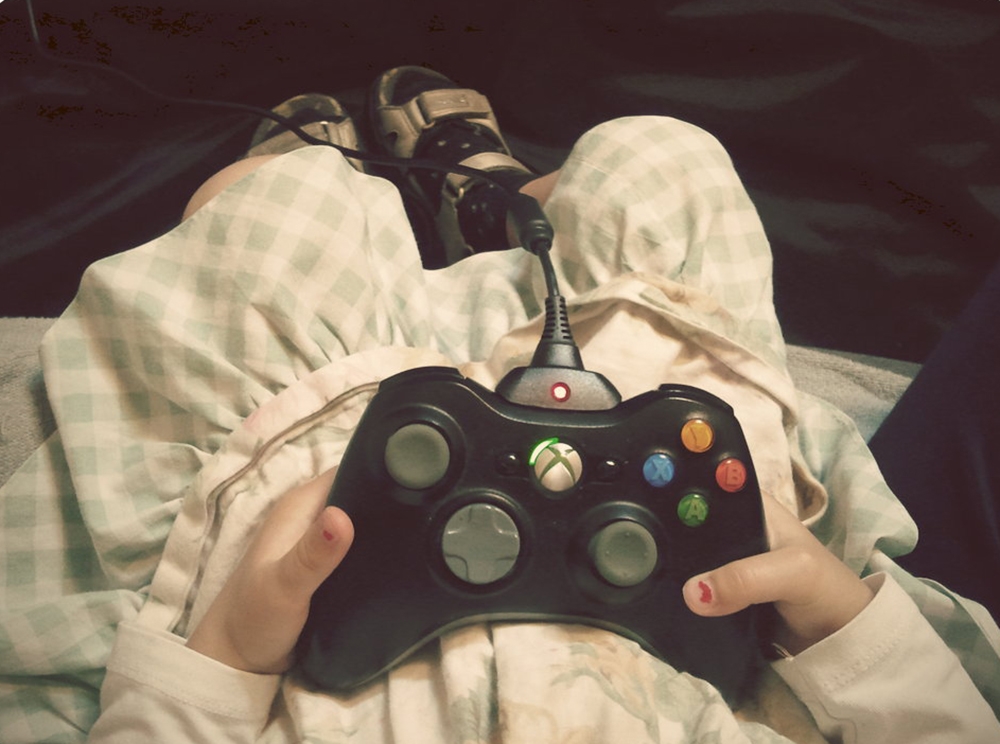Matt Dionne | Assistant News Editor
Featured image: York researchers are helping change the perception of girls as gamers and developers. | Courtesy of Jacob Wang
A York research team is aiming to expose and combat gender inequity in gaming with a project focused on the experience of game development and consumerism.
“This research shows how participants are not helpless victims,” explained Fisher.
“We were interested in supporting girls as producers, not just as consumers of digital games.”
Through three game-development summer camps in 2011, Fisher and Jenson looked to encourage participants to challenge cultural norms, to talk about their experiences and to take risks in their play and designs.
They also put girls at the top of the pecking order and intentionally placed female staff in positions of authority to provide a unique environment that challenged the status quo.
Many female gamers face misogyny, ridicule and even threats of physical and sexual violence simply because of their gender. A website called Fat, Ugly or Slutty posts screenshots of inappropriate messages sent to female gamers.
“The website Fat, Ugly or Slutty documents just a fraction of the aggressive speech directed towards women when they play online, from imaginative messages asking the woman to ‘make [the male player] a sandwich’ to requests for sexual activity and threats of violence,” says Dr. Emily Flynn-Jones, who also worked with Jenson.
Female characters often serve a singular purpose as either an object of conquest, such as a damsel in distress, or a highly sexualized object that exists solely for male gratification.
Women- and LGBTQ+ -only initiatives have been started to provide a safer environment for people to develop game-making skills.
“Initiatives such as Dames Making Games and Pixelles have been enormously successful in Canada. There are support [networks] available for women who receive online harassment, such as Crash Override,” she states.
Flynn-Jones states that although steps are being made to improve gender equality within the gaming industry, there remains an ingrained stereotype surrounding female employees.
“Companies are beginning to wake up and implement equitable hiring policies, but there still is work to be done on changing the working cultures and how women can be treated in the workplace,” she adds.
Flynn-Jones also highlights that games are diversifying and more platforms are being provided for women to make games with challenging themes that tell personal stories.
“Change is required and diversifying the types of people making games, as well as their communities, will be crucial to seeing rich content in the future,” she concludes.


